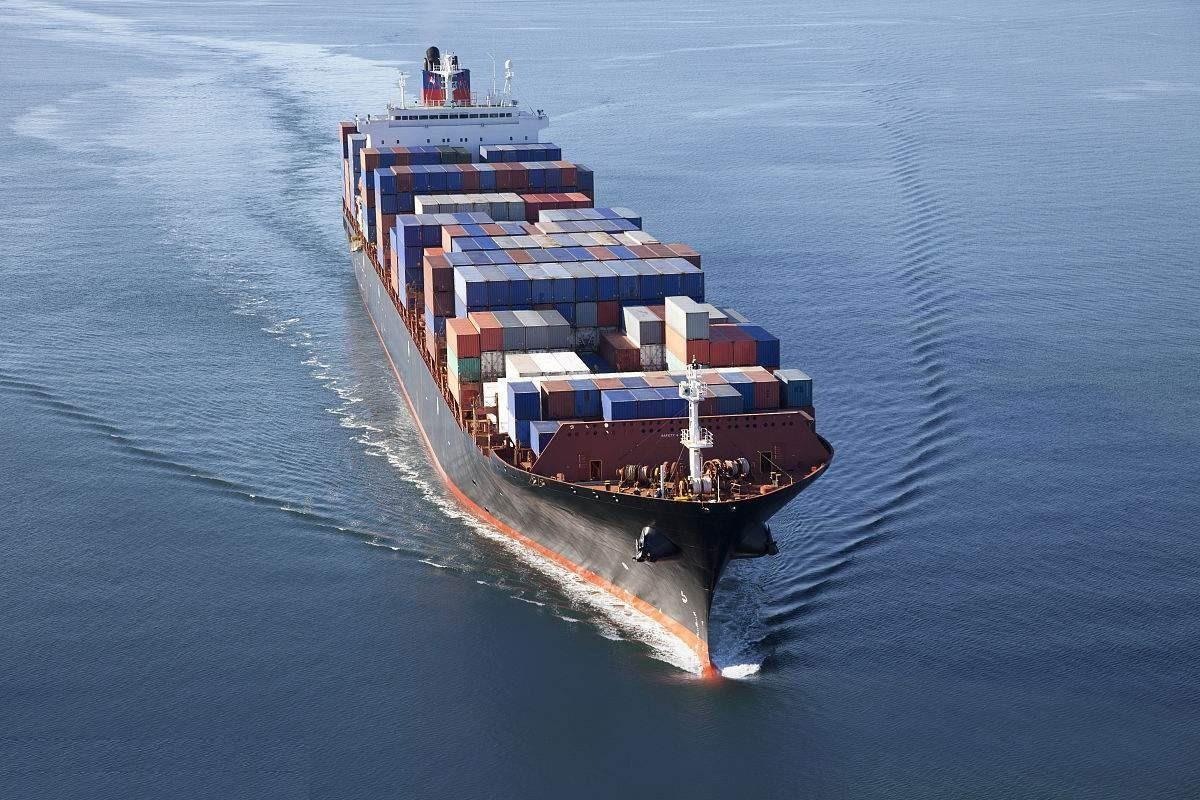xporting from Yiwu to South Africa offers access to diverse products at competitive prices, but navigating the process requires strategic planning. Whether you’re shipping textiles, electronics, or home goods, knowing how to export from Yiwu to South Africa ensures smooth logistics, compliance with South African regulations, and cost-effective operations. This guide outlines essential steps to streamline your export journey from Yiwu’s markets to South African destinations.
1. Source Products and Suppliers in Yiwu
Explore Yiwu’s Markets
- Visit the Yiwu International Trade City to connect with suppliers of wholesale goods (e.g., Section 5 for electronics, Section 3 for textiles).
- Tip: Use the Yiwu Market App to pre-search suppliers by product category (e.g., “LED lights South Africa”).
Verify Supplier Credentials
- Check for ISO certifications and export experience to Africa. Ask suppliers: “Have you shipped to Durban before?”
- Red Flag: Avoid suppliers unwilling to provide product testing reports for SABS compliance.
2. Choose the Right Shipping Method
Sea Freight for Bulk Orders
- LCL/FCL Options:
- LCL: Suitable for small batches (3–15 CBM), costing \(150–\)200/CBM from Yiwu to Durban (40–50 days via Ningbo Port).
- FCL: Ideal for 20+ CBM (e.g., 500 boxes of toys), with 20’ container costs starting at \(3,000–\)4,000.
- Route Example: Yiwu → Ningbo (truck, 2 days) + sea to Cape Town (35 days).
China-Europe Railway (For Northern South Africa)
- Use the Yiwu-London Railway with transshipment to Johannesburg (18–22 days), costing \(2,500–\)3,200 for a 20’ container.
Air Freight for Urgent Shipments
- Fly from Hangzhou or Shanghai to OR Tambo Airport (\(8–\)12/kg, 5–10 days), suitable for high-value items like electronics.
3. Manage Customs Clearance and Documentation
Prepare for South African Regulations
- Ensure products meet SABS standards (e.g., SANS 10223 for electrical appliances).
- HS Code Example: Textiles (HS 6203) may face a 10% tariff + 15% VAT; use the SARS Tariff Database for accuracy.
Mandatory Paperwork
- Commercial Invoice: Detail product names, quantities, and FOB values (e.g., “1,000 cotton shirts – HS 6205.20”).
- Bill of Lading: Include the importer’s South African VAT number and SAHPRA license (if applicable).
- Certificate of Origin: Use for tariff reductions under SADC trade agreements.
4. Optimize Logistics with Local Partners
Work with a Freight Forwarder
- Partner with experienced forwarders like China Top Freight to handle cross-modal transport (e.g., truck from Yiwu to Shanghai Port + sea to Durban).
- Benefit: Their team can pre-clear customs via SARS’ ASYCUDA system, reducing delays by 2–3 days.
Track Shipments in Real Time
- Use carrier portals (e.g., COSCO) or apps like 17TRACK for updates: “Shipment arrived at Port Elizabeth – customs inspection in progress.”
5. Address Quality and Payment Risks
Insist on Pre-Shipment Inspections
- Hire third-party inspectors (e.g., SGS) to verify product quality before loading.
- Case Study: A buyer avoided a $10,000 loss by rejecting faulty solar panels discovered during inspection.
Secure Payment Methods
- Use letters of credit (LCs) or Alibaba’s Trade Assurance for first-time suppliers to mitigate non-delivery risks.
6. Avoid Common Export Pitfalls
Incorrect Product Classification
- Mislabeling “hand sanitizer” as a cosmetic (HS 3307) instead of a medical supply (HS 3808) can lead to fines.
- Solution: Consult your forwarder for accurate HS coding.
Ignoring Transit Time Buffers
- Add 7–10 days to carrier ETAs to account for port congestion or South African public holidays (e.g., Heritage Day).
7. Leverage Duty Exemptions and Incentives
SADC Trade Benefits
- Eligible goods (e.g., agricultural products, machinery) can enjoy tariff reductions of up to 20% under SADC agreements.
- Action Step: Request a Form A Certificate from your chamber of commerce to claim benefits.
South African Government Incentives
- Explore the Export Marketing and Investment Assistance (EMIA) scheme for rebates on export costs.
In conclusion, mastering how to export from Yiwu to South Africa involves strategic supplier selection, efficient logistics planning, and strict compliance with local regulations. By leveraging sea freight, rail options, and reliable forwarders like China Top Freight, you can overcome challenges and unlock the potential of Yiwu’s vast supply chain. Whether you’re a small business or large distributor, careful preparation ensures your exports reach South Africa safely, on time, and within budget.


